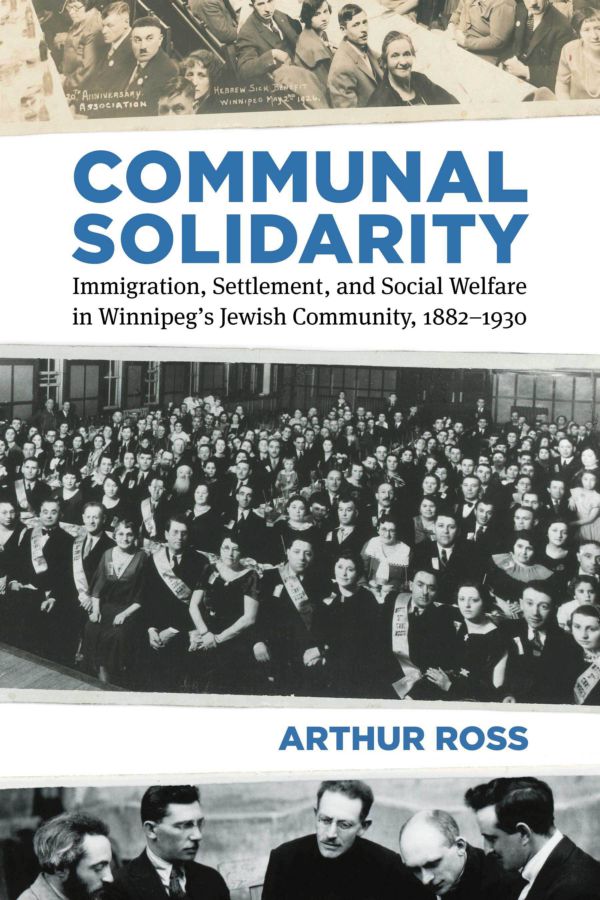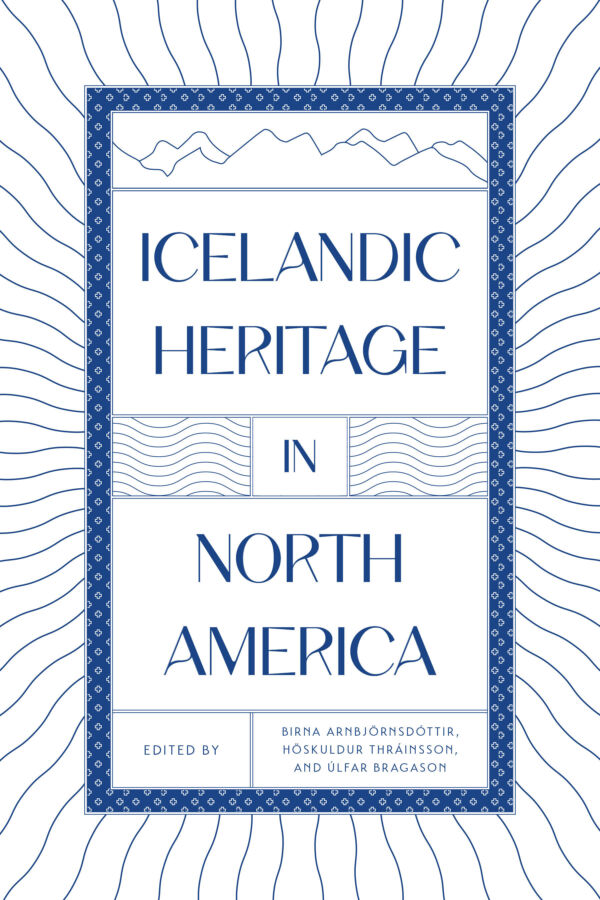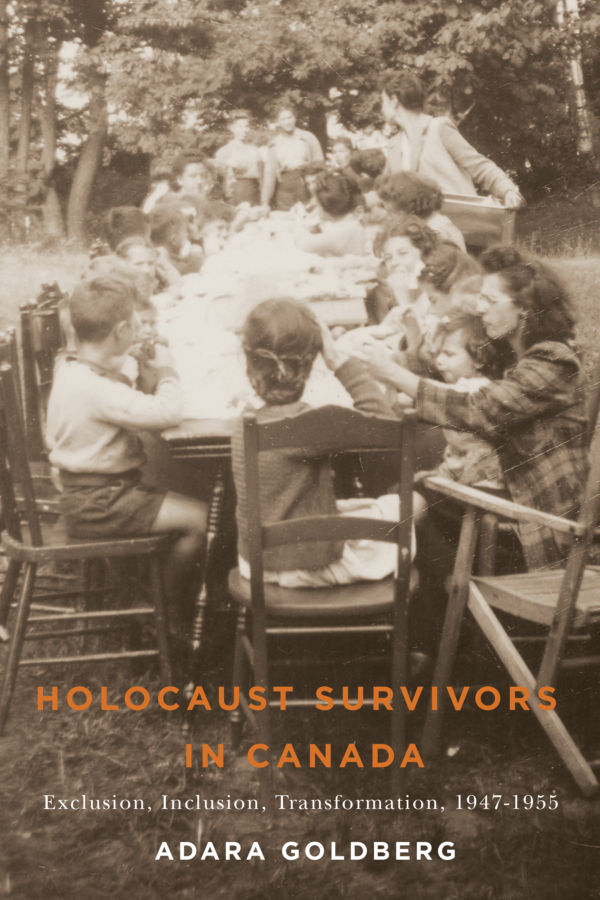Communal Solidarity
Immigration, Settlement, and Social Welfare in Winnipeg’s Jewish Community, 1882–1930
Overview
Between 1882 and 1930 approximately 9,800 Jewish immigrants from Eastern Europe settled in Winnipeg. Newly arrived Jewish immigrants began to establish secular mutual aid societies, organizations based on egalitarian principles of communal solidarity that dealt with the pervasive problem of economic insecurity by providing financial relief to their members. The organization of mutual aid societies accelerated the development of a vibrant secular public sphere in Winnipeg’s Jewish community in which decisions about the provision of social welfare were decided democratically based on the authority and participation of the people.
Communal Solidarity: Immigration, Settlement, and Social Welfare in Winnipeg’s Jewish Community, 1882–1930 looks at the development of Winnipeg’s Jewish community and the network of institutions and organizations they established to provide income assistance, health care, institutional care for children and the elderly, and immigrant aid to reunite families. Communal solidarity enabled the Jewish community to establish and sustain a system of social welfare that assisted thousands of immigrants to adjust to an often inhospitable city and build new lives in Canada.
Arthur Ross’s study of the formation of Winnipeg’s Jewish community is not only the first history of the societies, institutions, and organizations Jewish immigrants created, it reveals how communal solidarity shaped their understanding of community life and the way decisions should be made about their collective future.
Reviews
“An important addition to the literature and achieves its purpose of linking the experience of communal organization in Winnipeg to the larger networks of Canadian Jewry and to position these institutions as pioneers in the struggle against the Canadian government for a more humane immigration legislation. Moreover, by opposing the political doctrines of individual responsibility and social welfare in a dialectic, Ross demonstrates how an immigrant community achieved synthesis to ensure the welfare of its members by relying on internal resources within the Canadian context.”
Simon-Pierre Lacasse, Histoire sociale/Social history
About the Author
Table of Contents
Introduction
Ch. 1 Jewish Life in the Pale of Settlement
Ch. 2 Social Welfare and Communal Governance
Ch. 3 Jewish Immigration and Settlement in Winnipeg
Ch. 4 Government Charitable Assistance and the Emergence of Jewish Social Welfare
Ch. 5 Communal Charity, Mutual Aid, and International Relief
Ch. 6 Winnipeg’s Jewish Social Welfare Institutions
Ch. 7 “Opening the Door”: The Western Division of the Jewish Immigrant Aid Society






